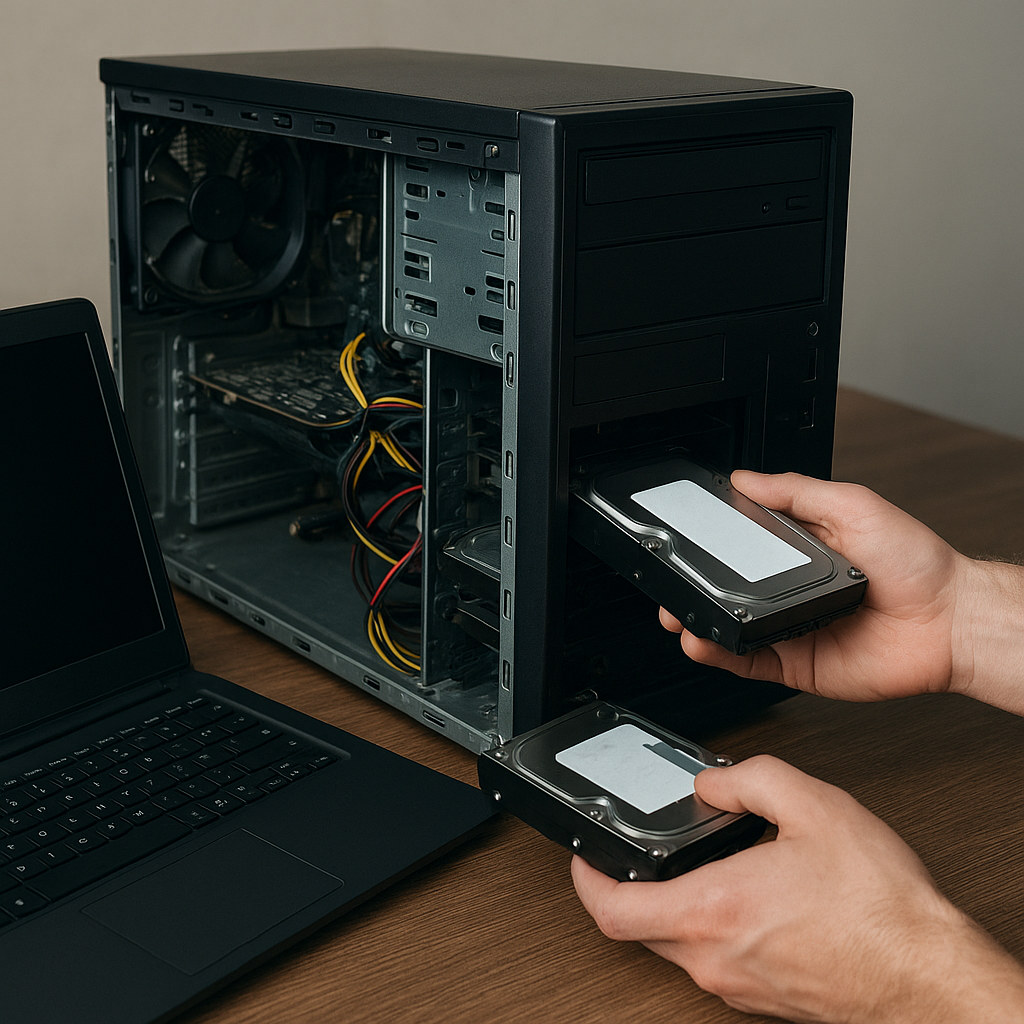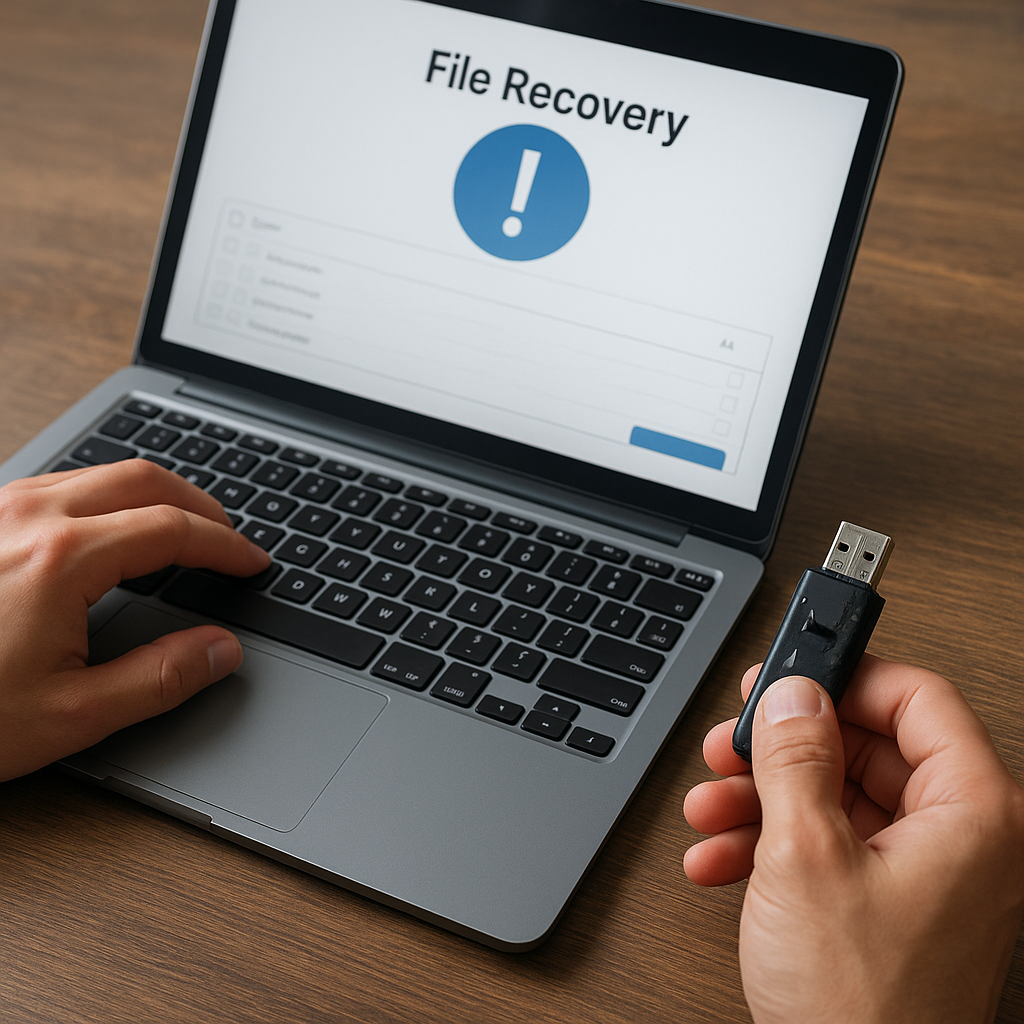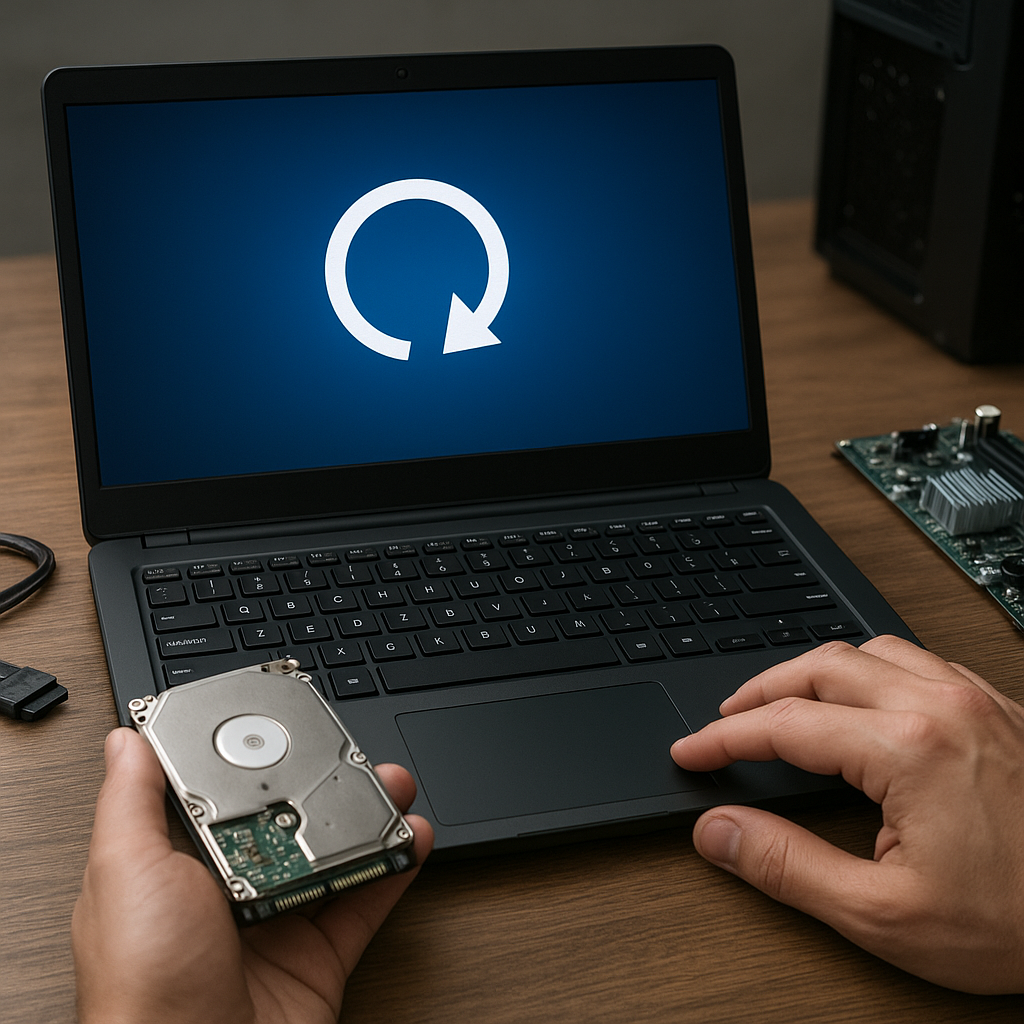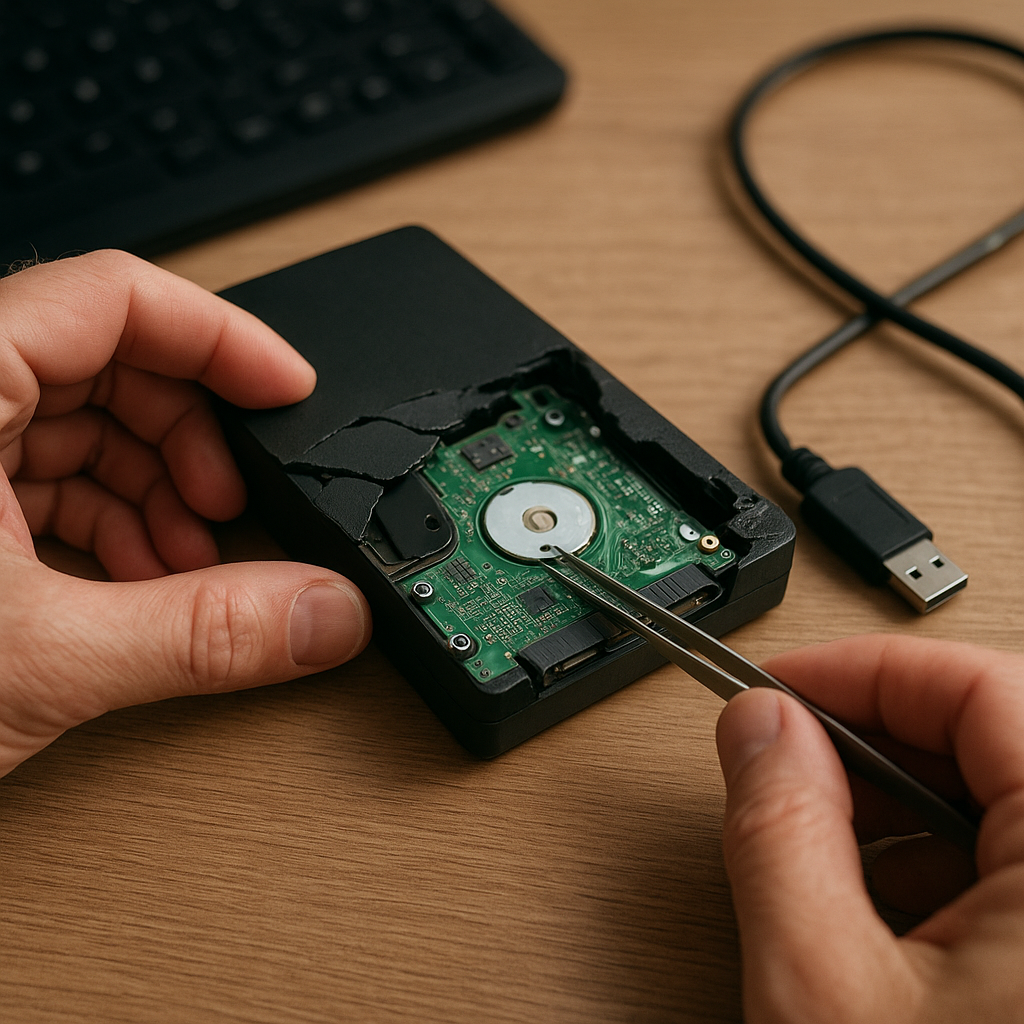Recovering data from an overwritten hard drive can be a daunting task, but with the right approach and tools, it is possible to retrieve valuable information. This article delves into the best practices for recovering data from an overwritten hard drive, providing a comprehensive guide for both novices and experienced users.
Understanding Data Overwriting
Before diving into the recovery process, it is crucial to understand what data overwriting entails. When data is overwritten, new information replaces the existing data on the storage medium. This can occur due to various reasons, such as accidental file saving, software errors, or intentional actions. Overwriting is different from simple deletion, where the data remains on the drive until it is overwritten by new data.
The Challenges of Data Overwriting
Recovering data from an overwritten hard drive is significantly more challenging than recovering deleted files. When a file is deleted, the operating system merely marks the space as available for new data, but the original data remains intact until it is overwritten. In contrast, when data is overwritten, the original information is replaced, making recovery more complex.
Best Practices for Data Recovery
Despite the challenges, there are several best practices that can increase the chances of successful data recovery from an overwritten hard drive. These practices involve a combination of preventive measures, specialized software, and professional assistance.
Immediate Actions
When you realize that data has been overwritten, it is essential to take immediate action to prevent further data loss. Here are some steps to follow:
- Stop Using the Drive: Continuing to use the drive can lead to additional data being written, further complicating the recovery process. Disconnect the drive from your system to prevent any new data from being written.
- Assess the Situation: Determine the extent of the data loss and identify the critical files that need to be recovered. This will help you prioritize the recovery efforts.
- Seek Professional Help: If the data is of high importance, consider consulting a professional data recovery service. These experts have specialized tools and techniques to recover data from overwritten drives.
Using Data Recovery Software
There are several data recovery software options available that can help retrieve data from an overwritten hard drive. These tools use advanced algorithms to scan the drive and recover lost files. Here are some popular data recovery software options:
- Recuva: A user-friendly tool that can recover files from damaged or formatted drives. It offers a deep scan mode for thorough recovery.
- EaseUS Data Recovery Wizard: Known for its intuitive interface, this software can recover data from various storage devices, including hard drives, SSDs, and USB drives.
- Stellar Data Recovery: A powerful tool that supports recovery from overwritten drives, offering both quick and deep scan options.
Steps to Use Data Recovery Software
Using data recovery software typically involves the following steps:
- Download and Install: Download the software from a trusted source and install it on a different drive to avoid overwriting the data you want to recover.
- Scan the Drive: Launch the software and select the overwritten drive for scanning. Choose the deep scan option for a more thorough search.
- Preview and Recover: Once the scan is complete, the software will display a list of recoverable files. Preview the files to ensure they are intact, then select the ones you want to recover and save them to a different drive.
Preventive Measures
While recovering data from an overwritten hard drive is possible, it is always better to prevent data loss in the first place. Here are some preventive measures to consider:
Regular Backups
Regularly backing up your data is one of the most effective ways to prevent data loss. Use external drives, cloud storage, or network-attached storage (NAS) to create backups of your important files. Schedule automatic backups to ensure your data is always up-to-date.
Use Reliable Software
Ensure that you use reliable and trusted software for your daily tasks. Unreliable software can cause data corruption or accidental overwriting. Keep your software updated to benefit from the latest security patches and features.
Implement Data Protection Policies
For organizations, implementing data protection policies can help prevent data loss. Educate employees about the importance of data protection and establish protocols for handling sensitive information. Use access controls to restrict unauthorized access to critical data.
Conclusion
Recovering data from an overwritten hard drive is a complex process, but with the right approach and tools, it is possible to retrieve valuable information. By understanding the challenges of data overwriting, taking immediate action, using specialized software, and implementing preventive measures, you can increase the chances of successful data recovery. Remember, the key to preventing data loss is regular backups and using reliable software.












